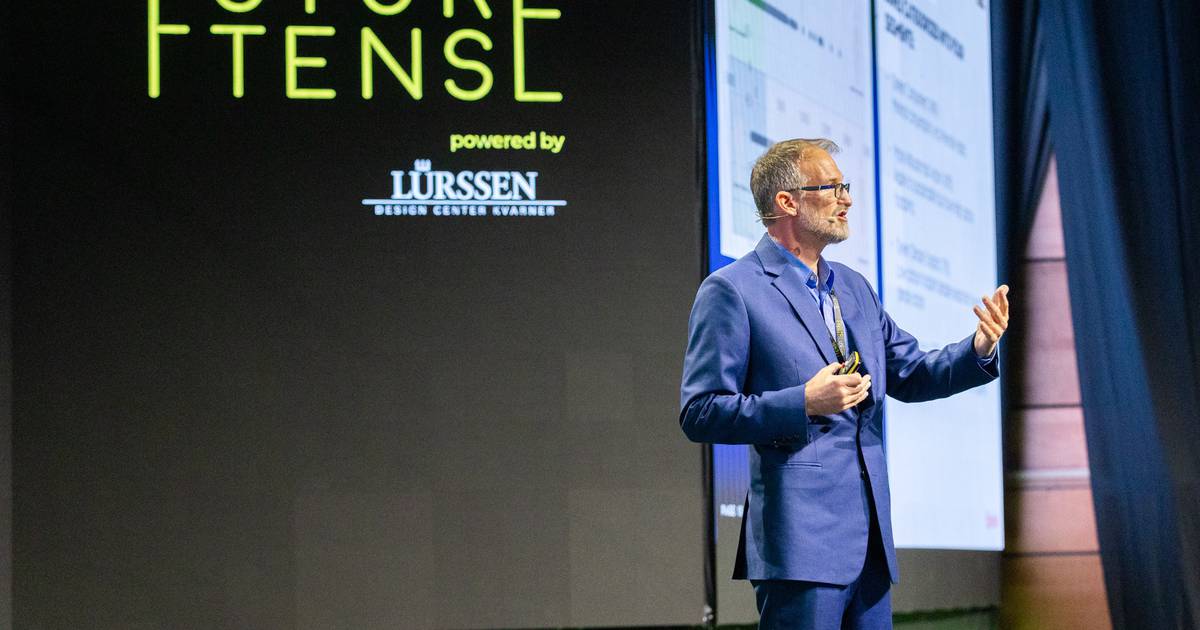The automotive industry is undergoing a digital transformation, with many notable car manufacturers such as Ford, Volvo, and Rivian embracing Extended Reality (XR) technology in their design processes. By using immersive virtual models through XR, these companies are able to streamline production and reduce expenses.
XR offers a lifelike automotive design experience that speeds up decision-making and enhances the quality of products. It plays a significant role in maximizing the use of resources, reducing waste, and promoting environmental sustainability while also delivering cost savings. Ford has integrated mixed reality into their design system, promoting collaboration and enabling early adjustments to designs, fostering a shared design language within the Ford design team.
Using XR, Rivian has been able to significantly reduce physical material usage, leading to cost savings and allowing for more design iteration cycles. This approach has also had a positive impact on the environment. Volvo, a long-time advocate of XR technology, has been utilizing Varjo headsets in their design processes since 2019, facilitating collaboration among teams regardless of their location.
The Finnish XR headset company Varjo is making a considerable impact on the automotive industry with its professional-grade hardware. The upcoming Varjo XR-4 headset is expected to surpass regular XR headsets, further enhancing the design capabilities of manufacturers in the auto industry. The integration of XR into automotive design signals a new era in the industry, with more manufacturers expected to adopt XR technology to improve productivity, create innovative designs, and deliver customized solutions.
This shift is poised to revolutionize the auto industry by allowing manufacturers to create virtual prototypes and enhance product quality. It also provides consumers with an immersive user experience that enables them to get a realistic sense of the product before making a purchase.
In conclusion, Extended Reality (XR) technology is transforming the automotive industry by providing car manufacturers with immersive virtual models that streamline production and reduce expenses. By using XR technology in their design processes, manufacturers are able to identify potential errors before they occur while promoting collaboration among teams regardless of location

:quality(75)/cloudfront-us-east-1.images.arcpublishing.com/elcomercio/GERBNCQRLZHXJPBYJYPJ7BY7HQ.JPG)

